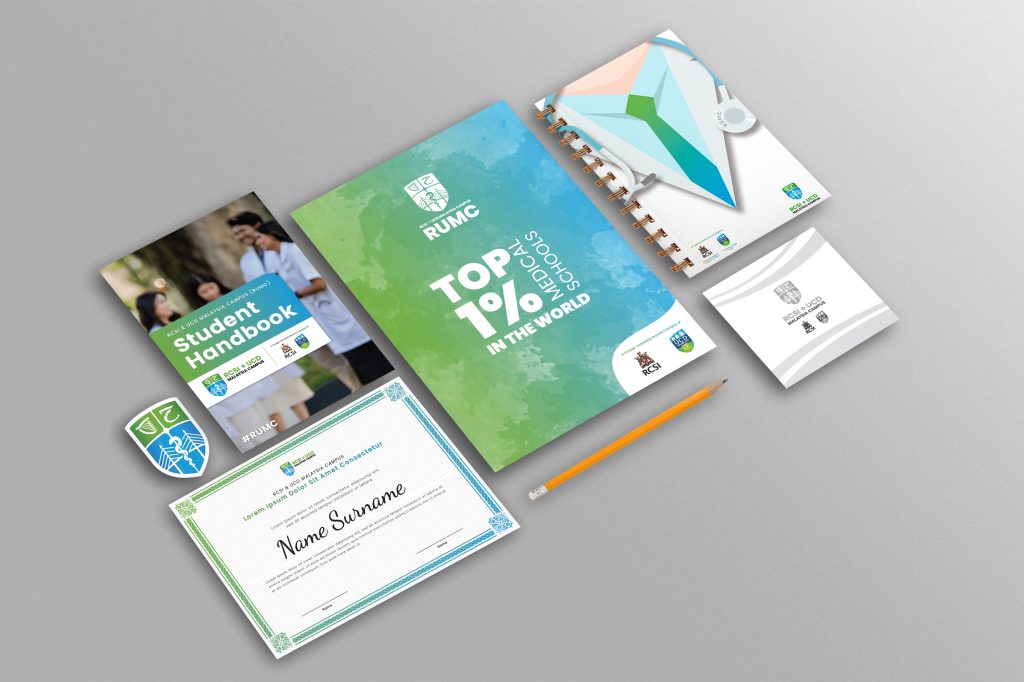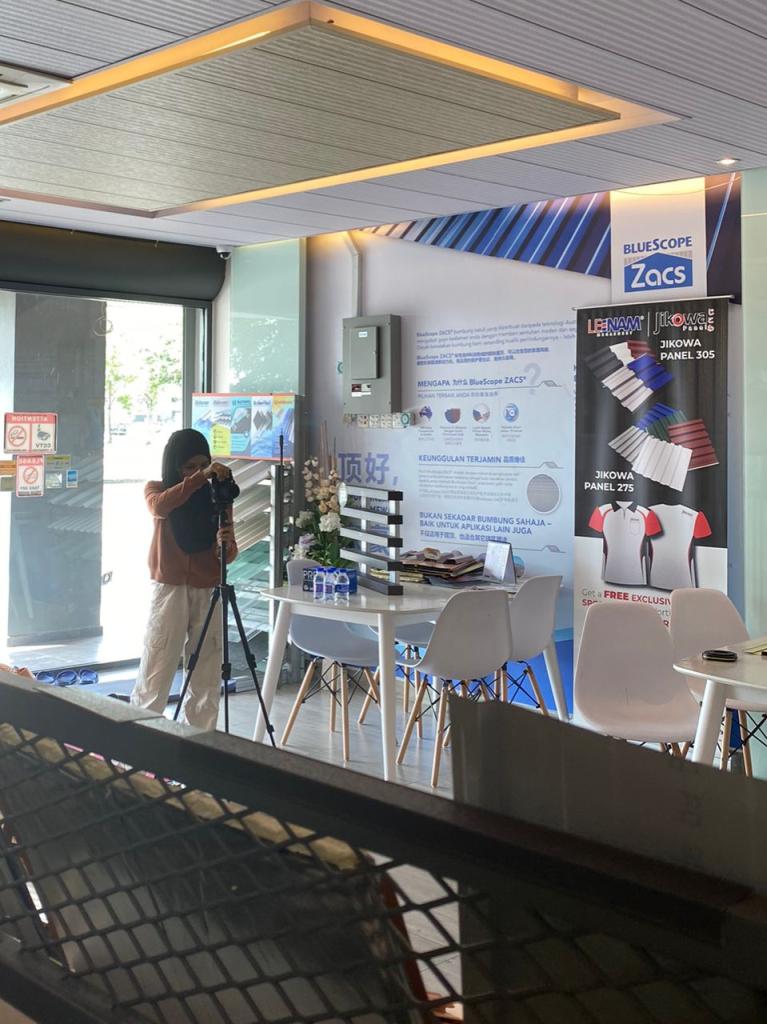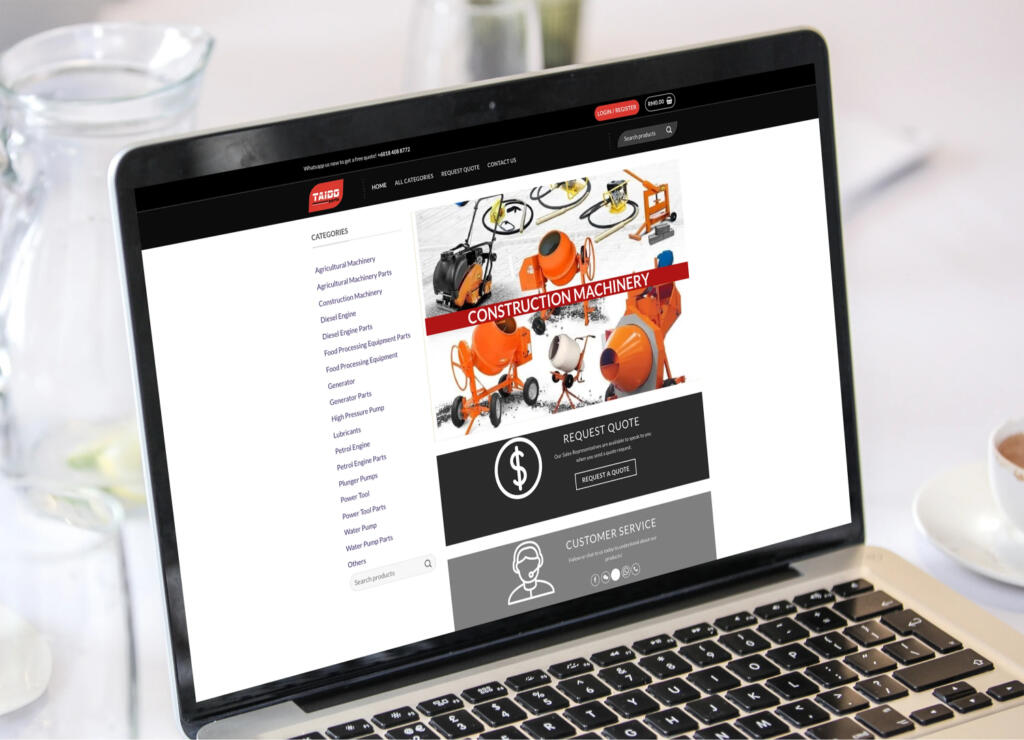Our top-tier consultancy services provide strategic guidance to elevate your entire digital presence.
Learn More
Contents
Imagine this: You’ve been developing a website for weeks, and now everything is in place. It’s time to launch your website. After all the planning, designing and development, it’s a momentous occasion. But what’s next?
While it’s an exciting milestone, the journey doesn’t end here. To ensure your site continues to perform well and represent your brand effectively, it’s crucial to focus on the post-launch phase. At Kode Digital, we understand how challenging this stage can be for new businesses. Here are some key things to consider:
Contents
1) Taking Control: Updates and Access
Whether you employ the help of a website developer or build the website yourself, it is still yours, and you should make sure it stays that way. This includes small, personalised touches, such as:
Ownership and Access
- Your Website, Your Rules: Whether you built the website yourself or hired a developer, remember that you are the ultimate owner. Your website should align with your business goals and reflect your brand identity.
- Empower Yourself: Familiarise yourself with your website’s content management system (CMS). Most CMS platforms are user-friendly and allow you to make basic updates without technical expertise.
- Secure Your Access: Obtain your developer’s login credentials and access details to manage your website effectively. This includes information about your hosting account and domain name.
Requesting Update Instructions
- Clear Guidance: If you prefer to delegate website updates, request clear and detailed instructions from your developer. This will empower you or your team to make necessary changes without constant reliance on external assistance.
- Prioritise Essential Updates: Focus on learning how to update essential content such as product information, contact details and blog posts.
Defect Liability Period
- Understanding the Terms: Most reputable website developers offer a defect liability period. This timeframe covers any issues or bugs that arise after the website’s launch due to development errors.
- Protect Your Investment: Clarify the duration of the defect liability period with your developer. This ensures you’re protected against unexpected problems.
- Document Issues: If you encounter any issues within the defect liability period, document them clearly and promptly communicate them to your developer.
Additionally, ensure you receive secure login credentials for your website’s Content Management System (CMS) and any server access details if applicable. Managing basic content empowers you, and remember, you have the right to access what you’ve paid for.
2) Building a Strong Foundation: Website Analytics and SEO
Once your website is live, monitoring its performance and ensuring it’s reaching your target audience is crucial. This is where website analytics and Search Engine Optimisation (SEO) come into play.
Understanding Website Analytics
Website analytics provides valuable insights into how visitors interact with your website. By tracking website traffic, user behaviour and other key metrics, you can make data-driven decisions to improve your online presence.
- Key Metrics: Focus on essential metrics like website traffic, bounce rate, time on site and conversion rates.
- Google Analytics: This free tool is widely used to track website performance. It offers detailed reports and insights.
- Data-Driven Decisions: Use analytics data to identify popular content, understand user preferences and optimise your website accordingly.
The Importance of SEO
SEO is the process of optimising your website to improve its visibility on search engine results pages (SERPs). You can attract organic traffic and increase your website’s authority by implementing effective SEO strategies.
- Keyword Research: Identify relevant keywords and phrases that your target audience is searching for.
- On-Page Optimisation: Optimise website content, including titles, headings and meta descriptions, to incorporate target keywords.
- Content Creation: Develop high-quality, informative, engaging content that addresses your audience’s needs and interests.
Combining website analytics and SEO can create a solid foundation for your online success. Regularly monitoring your website’s performance and making data-driven optimisations will help you achieve your business goals.
3) The Defect Liability Period: Tying Up Loose Ends
During development, some web developers may host your website on a temporary server. When migrating to its permanent home, compatibility issues can sometimes arise. Don’t worry! Most website development services come with a ‘defect liability period’.
If anything goes wrong during this timeframe due to the migration process, they’ll rectify it. All you have to do is confirm the period’s length or start date and plan accordingly.
4) Continued Care: Your Website’s Future
Your website is like a living being and requires regular maintenance. Explore after-sales support options offered by your developer. This could be a pre-paid maintenance plan or a pay-per-hour service for future updates or tweaks.
If website development isn’t your thing, having a dedicated team familiar with your website’s code ensures its smooth operation and allows you to focus on running your business.
Content is King: Fueling Your Website’s Growth
Content is the heart of your website. It’s what attracts visitors, informs them and ultimately converts them into customers. High-quality, relevant content is essential for building a strong online presence.
- Create Valuable Content: Develop content that addresses your target audience’s needs, interests and pain points. This could include blog posts, articles, guides, tutorials or videos.
- Consistency is Key: Establish a consistent content publishing schedule to keep your audience engaged and coming back for more.
- Optimise for Search Engines: Incorporate relevant keywords into your content to improve search engine visibility.
- Encourage Sharing: Make it easy for visitors to share your content on social media platforms.
- Update Regularly: Keep your content fresh and relevant by updating it periodically.
Remember, content is not just about promoting your products or services. It’s about building trust and authority in your industry. You can establish yourself as an expert and attract loyal customers by providing valuable information.
Expanding Your Reach: Social Media Integration
Social media platforms offer a powerful way to connect with your target audience and expand your website’s reach. Integrating your website with social media can increase brand awareness, drive traffic and foster engagement.
- Choose the Right Platforms: Identify the social media platforms where your target audience is most active.
- Create Engaging Content: Develop shareable content that resonates with your audience and helps to build your brand image.
- Optimise for Sharing: Add sharing buttons to make it easy for visitors to share your content on social media.
- Build Relationships: Engage with your audience by responding to comments and messages.
- Paid Advertising: Consider using social media advertising to reach a wider audience.
By effectively utilising social media, you can amplify your website’s impact and build a strong online community.
Ongoing Support: Maintaining Your Online Success
A successful website requires ongoing care and attention. After taking the initial steps, it’s essential to have a plan for maintaining its performance and security.
- Regular Updates: Keep your website’s software and plugins updated to ensure optimal performance and security.
- Performance Optimisation: Monitor your website’s loading speed and make necessary adjustments to improve user experience.
- Security Measures: Implement security measures to protect your website and visitor data from cyber threats.
- Backup Regularly: Create regular backups of your website to safeguard against data loss.
- Professional Maintenance: Consider hiring a website maintenance service to handle technical aspects.
By investing in ongoing website maintenance, you can protect your investment, enhance user experience and ensure your website continues to achieve its goals.
Ready to take your website to the next level?
Launching your website is just the beginning—following these steps will help ensure a successful online presence. Remember, a well-maintained website is essential for building trust, attracting customers and achieving your business objectives.
Kode Digital is composed of various teams specialised in different areas, including website development. We offer comprehensive development, post-launch support and ongoing maintenance solutions. Contact us today to discuss your specific needs and ensure your website thrives online!

























